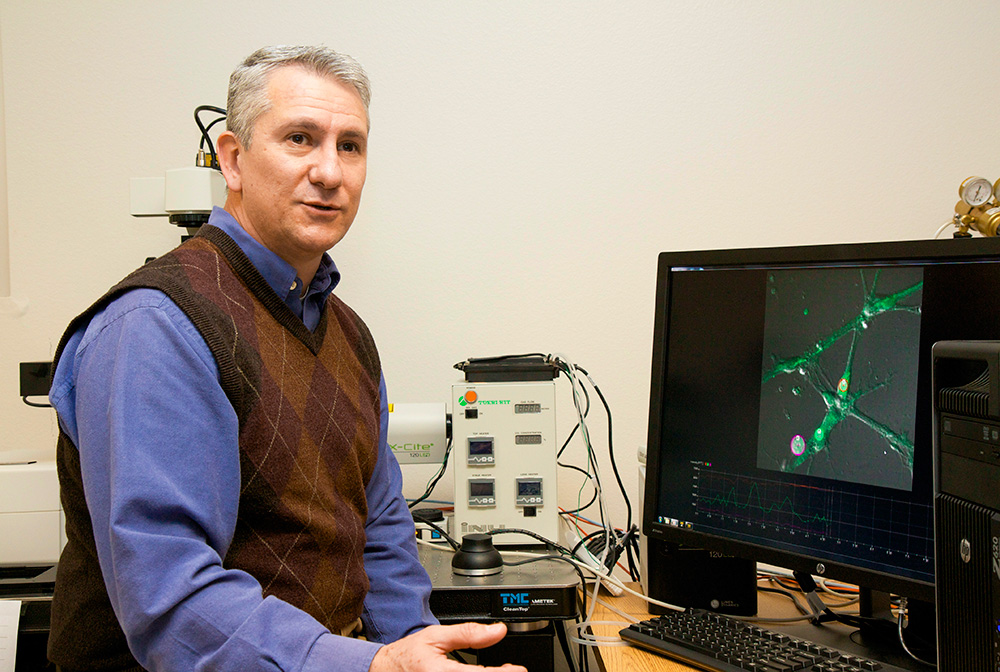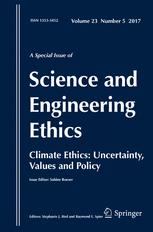At wit’s end after a publisher ignored her repeated requests for a correction, Ursula Bellut-Staeck took the extreme step of issuing her own retraction. But is that even a thing?
Bellut-Staeck, an independent researcher from Berlin, Germany, submitted a paper to SCIREA Journal of Clinical Medicine last spring after receiving an invitation from the journal. The article, about mechanotransduction and the impact of infrasound and vibrations, was published June 16.
But when Bellut-Staeck realized her affiliation as listed on the article needed changing, she contacted the journal to request a correction. The problem, she said, was linguistic. Because she didn’t realize “affiliation” has a different meaning in German than English, she had mistakenly listed herself as being at an institution she has since left.
Continue reading Fed up, author issues her own retraction after journal ghosts her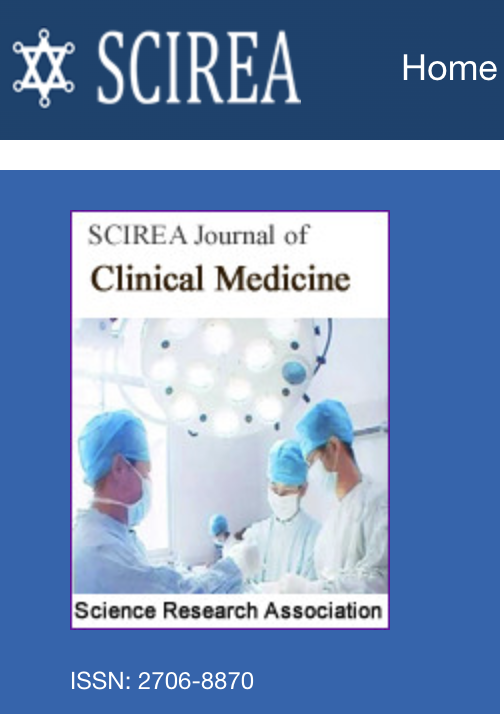
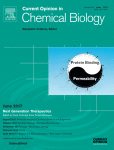
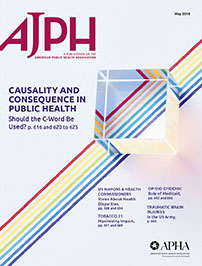 Last April, the
Last April, the 
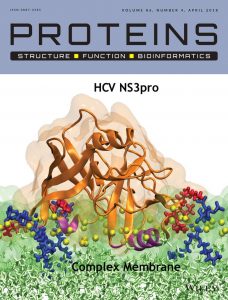


 A journal has retracted a
A journal has retracted a 